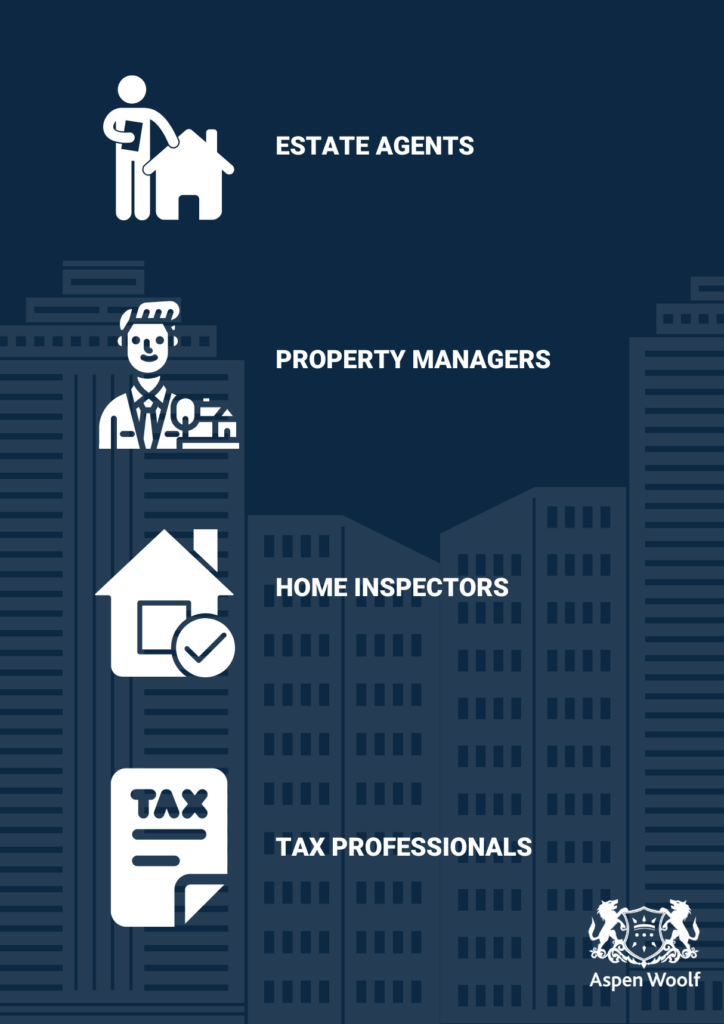Investing in Real Estate: A Risky Gamble or a Lucrative Goldmine?

While investing offers many different opportunities and asset types, investing in real estate remains one of the most popular, attracting individuals with its promise of stability and profitability.
Brick-and-mortar investment has plenty of potential rewards for any real estate investor, but like with any investment, there are risks of real estate investing, too. In this article, we look at why property continues to be a popular means of long-term investment, the rewards and risks, as well as common questions surrounding investing in real estate in the UK.
The Allure of Real Estate: A Timeless Investment Avenue
Real estate has been a longstanding and attractive investment option. While the housing market conditions evolve, the benefits of real estate as an income generator continue to attract investors seeking long-term financial growth and security.
Here are two key characteristics that make investing in real estate attractive:
- An Appreciating Asset: Investing in real estate estate is associated with the potential to generate more than one income stream. With the opportunity to generate rental income as well as capital gains from property appreciation, investors can benefit from both short-term and long-term gains.
- Continuous Demand: There will always be demand for housing. Currently, the rental market is experiencing elevated demand and limited supply. The rising cost of living and higher interest rates mean an increasing number of individuals are putting off buying property and renting for longer – presenting opportunities for landlords.
Assessing the Risks: Is Property a Risky Bet?
Property investment, while promising, carries some risks that investors need to be aware of. Here are four main risks associated with investing in real estate:
- Market Fluctuations: The value of a property can be influenced by economic conditions. Market fluctuations can lead to decreases in property values, affecting an investors potential returns on investment.
- Illiquidity: Property is considered a relatively illiquid asset. Unlike other investments like stocks, converting a property into cash can take time and effort, especially during unfavourable market conditions.
- Operational and Maintenance Costs: Owning and managing real estate properties comes with ongoing operating costs, including property taxes, maintenance, repairs and, sometimes, management fees. Expenses can eat into potential profits.
- Investment risks: Economic downturns or increases in interest rates can impact an investor’s ability to meet mortgage obligations. At the same time, property values can fluctuate based on location, supply and demand.
The Potential Rewards: Exploring Real Estate’s Lucrative Side
When approached strategically, real estate investment opportunities can yield substantial rewards for investors.
- Capital gains: Capital gains are the primary source of profit for many real estate investors. When a property appreciates over time, the investor can sell it at a higher price, generating a positive return on their investment.
- Rental Income: Provides consistent cash flow, potentially surpassing other investments. Rental properties offer a regular income stream through monthly rent payments from tenants and even becoming passive income if investors hire a property management company to take care of the property.
Market Factors and Timing: The Key to Successful Real Estate Investment
- Timing
Timing is critical in real estate investment. Market cycles can influence property values and rental demand. Buying during a buyer’s market, when prices are lower and more properties are available, can provide opportunities for favourable deals.
- Market Factors
Factors such as job growth, infrastructure development and neighbourhood trends can significantly impact the desirability and value of a property. Property investors should remain up-to-date with market factors that can influence the success of their investments – such an interest rates and buyer demand.
Diversification: Balancing Real Estate with Other Investment Options
Is real estate a safe investment? Including real estate alongside other investments reduces real estate investment risk and enhances potential returns.
Diversification involves spreading investments across different asset classes, such as stocks, bonds, and property, to reduce overall risk. Different asset classes respond differently to economic conditions. With a mix of investments, investors can mitigate the impact of poor performance in any asset class.
Property’s potential for long-term growth and income complements the potential volatility of stocks or investments like crypto, leading to a more stable investment portfolio.
Navigating the Housing Market: Tips for First-Time Real Estate Investors
If you’re wondering, how risky is real estate? Here are some essential tips for those investing in real estate as a first-time investor:
- Market Research: Conduct comprehensive research on the local housing market before investing. Understand factors like property values, rental demand and neighbourhood trends to identify opportunities that can make a profit.
- Define Investment Goals: Are you seeking rental income or aiming for property appreciation? Having a clear goal will shape your strategy and property selection. You should also consider your appetite for risk when it comes to property type and location.
- Make it Manageable: When starting out, investors should opt for a property that aligns with their expertise and resources. An apartment or single-family home can be a good place to start.
- Financial Situation: Beyond the cost of buying the property, first-time investors need to consider things like ongoing maintenance, property management expenses and potential vacant periods that can affect the property’s profitability.
Expert Insights: Professional Advice on Navigating the Real Estate Market
Getting expert advice can help you ensure real estate investing is financially beneficial and avoid common pitfalls or bad investments.
Here are some key professionals that can support you with property investments:
Estate Agents: Real estate agents are well-versed in the local market and can help you find properties that match your investment goals and budget, as well as negotiate deals and provide insights into market trends.
Property Managers: Property managers handle the day-to-day running of your rental properties, including tenants, rent collection, maintenance coordination and property upkeep.
Home Inspectors: Before purchasing a property, inspectors assess its condition and identify potential issues. Their evaluations can help you avoid unexpected costs post-purchase.
Tax Professionals: Tax experts familiar with the property market can help you optimise your property tax strategy. They ensure you take advantage of available deductions.
What is the Return on Investment in Real Estate?
Between 6% and 8% is considered to be a reasonable level of rental yield, but rental totals in different parts of the country can vary significantly. A good capital growth rate in the UK property market should give a return of around 4%. Anything that surpasses 4% is considered exceptional.
What is the Best Type of Real Estate to Start With?
Residential real estate, like single-family homes or apartments, are often recommended for beginners. These properties are more straightforward to manage and provide a steady stream of rental income.
Investing in houses in Multiple Occupation (HMO) can also offer an appealing entry point. Student housing, often rented per room, can yield higher rental income than other residential properties due to multiple tenants.
Student rentals and HMOs provide the opportunity to tap into a niche market and potentially achieve strong cash flow, but thorough research and property management expertise are essential for operating in this specialised sector due to specific regulations and market conditions.
Conclusion
Real estate investing offers both risk and reward. Potential rewards, from strong capital gains to steady rental income are substantial when approached strategically. Investors must stay up-to-date with market factors and timing, and it’s a good idea to diversify your portfolio to reduce risk. For first-time investors, investing in a manageable property and seeking expert advice can help ensure their property investment success. To learn more about investing in the property sector contact our experts today.




